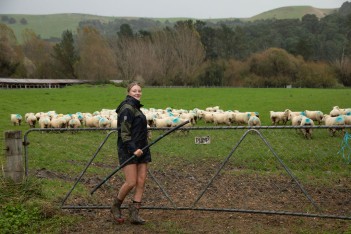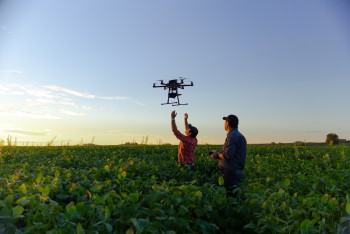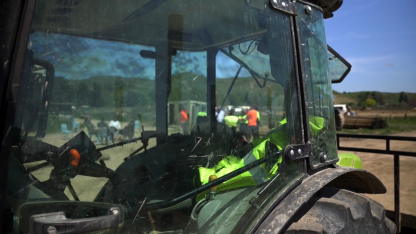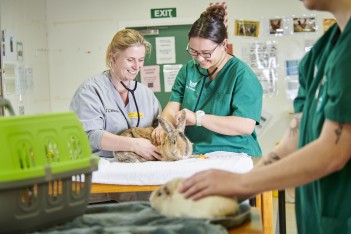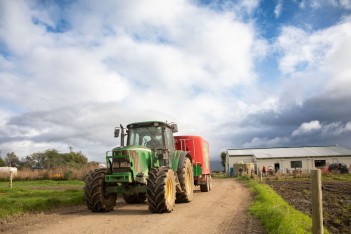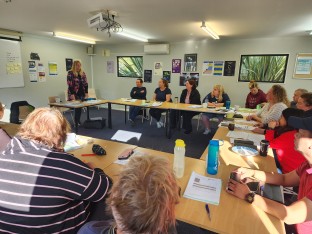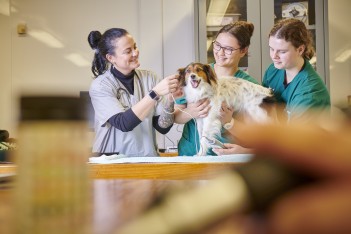2026 Investment Advice
Muka Tangata provides advice to TEC on investment in vocational education to influence funding decisions that considers industry needs, to help match skills and workforce demands with supply.
Learn moreNew Zealand has one of the highest pet ownership rates in the world.
Over 80% of the workforce identify as female, higher than any other Muka Tangata industry.
Enrolment numbers have almost doubled for Veterinary Nursing and Animal Care in the last five years, peaking in 2021.
Key Challenges
Find out about our work to assess the quality of programmes delivered by providers for this industry here.
A snapshot of the Veterinary Services and Animal Care workforce development plan is available for download here. Please note that this reflects a point in time (July 2024). The most up to date information is on the workforce development plans website.
Muka Tangata provides advice to TEC on investment in vocational education to influence funding decisions that considers industry needs, to help match skills and workforce demands with supply.
Learn more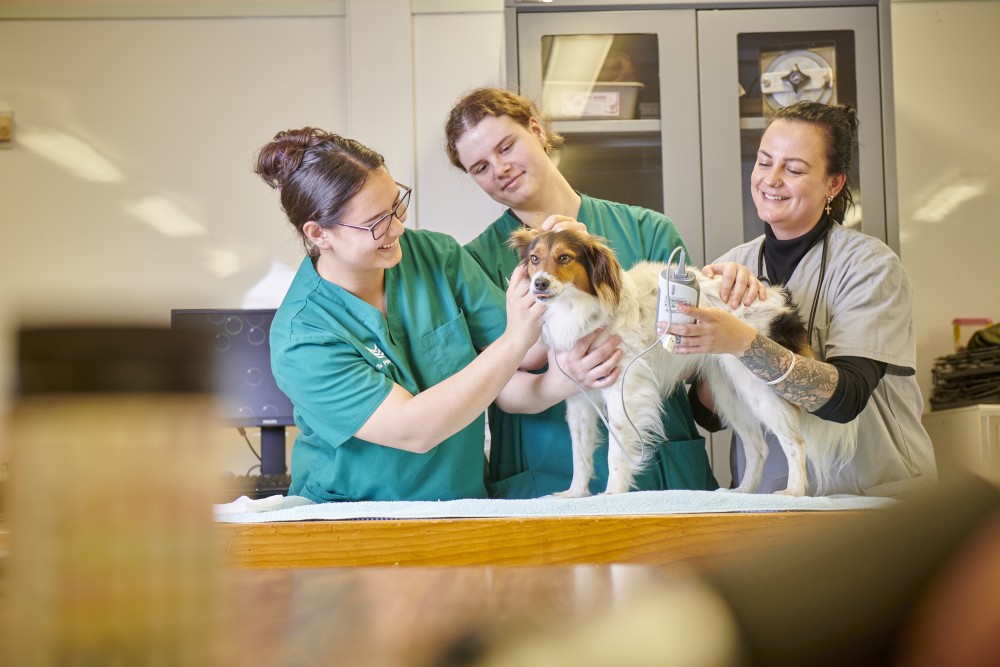
This section provides information about the workforce, industry and Vocational Education and Training (VET) provision and performance. It shows data and research focused on key aspects of Muka Tangata industry groups and learners. This section is expected to feature regular updates to the data and trends being showcased.
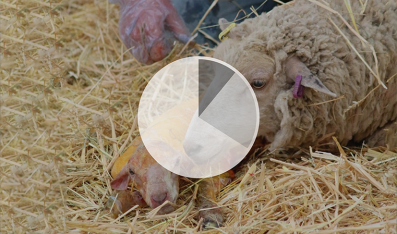
Insights for Industry about trends in economic performance indicators.

Insights on the workforce, including; size, ethnicity, age, regional distribution, and gender.
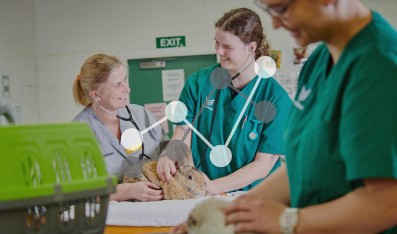
Insights about learners, including trends in enrolments and mix of provision.
In developing the Veterinary Services and Animal Care workforce development plan, our engagement with industry highlighted that retention is a key issue, due to a variety of barriers including low remuneration and lack of a visible career path. There are several issues in Veterinary Nursing which may influence how long employees stay in the industry. While veterinarians are required to be registered in Aotearoa, it is not currently compulsory for veterinary nurses to be registered. Furthermore, the industry reports an increasing impact of stress on its workforce due to the nature of the work and conflicts with customers. The industry has highlighted increasing concerns for the mental health and resilience of staff who face emotionally and mentally challenging responsibilities.
This is our plan to address the vocational education and training opportunities that arose from our engagement, research and analysis. It includes real projects that we are committed to delivering, with most of these spanning across some or all Muka Tangata industries. Our Projects have replaced our previous “Roadmap Actions” and present a consolidated view of our mahi. Some of the previous roadmap actions have been completed or closed out following a review of our work programme and engagement with industry on the priority of these actions.
